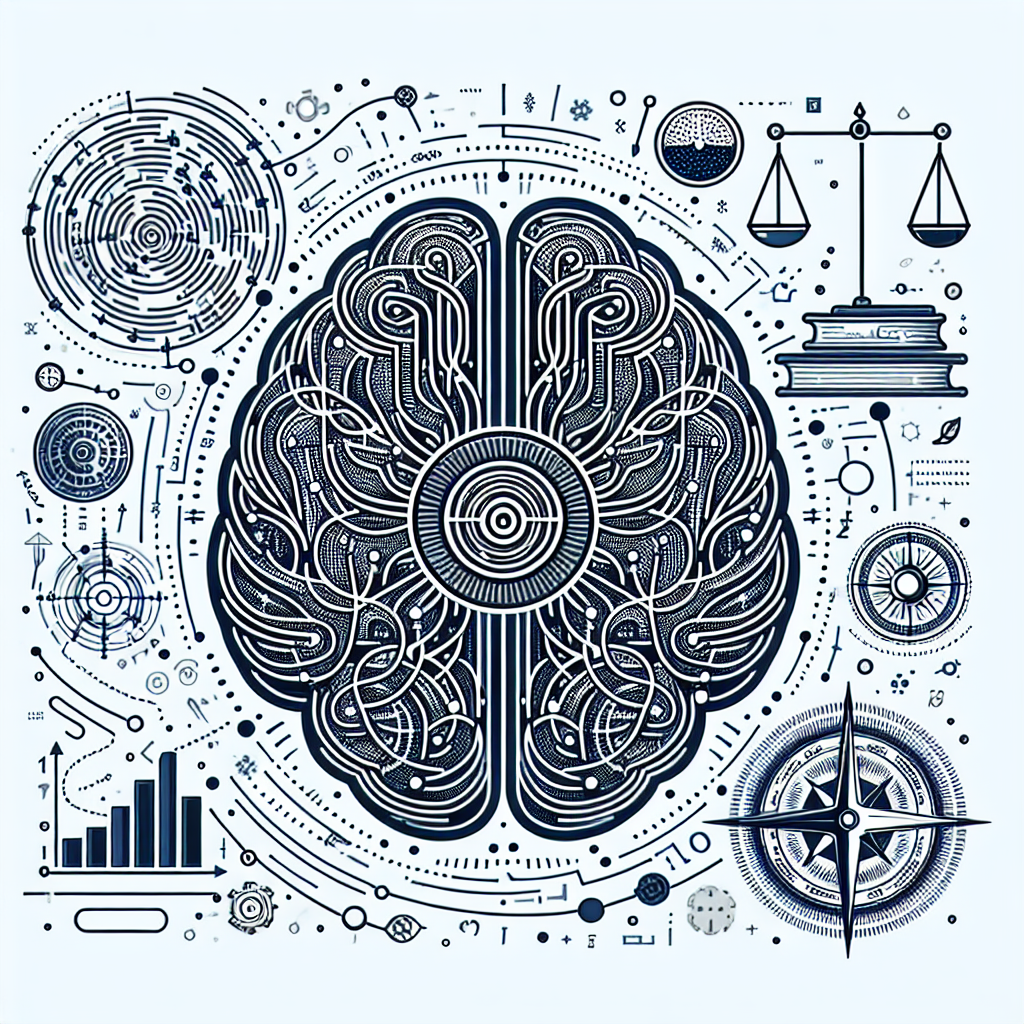Navigating the Ethics of Artificial General Intelligence
Artificial General Intelligence (AGI) is the concept of a machine that has the ability to understand and learn any intellectual task that a human being can. While AGI has the potential to revolutionize many aspects of our lives, it also raises a number of ethical concerns that must be addressed. In this article, we will explore some of the key ethical issues surrounding AGI and discuss how we can navigate them in a responsible and thoughtful manner.
The Potential of AGI
AGI has the potential to bring about significant benefits to society. For example, AGI could help us solve complex problems in areas such as healthcare, climate change, and education. It could also improve the efficiency of many industries, leading to increased productivity and economic growth.
Additionally, AGI could lead to major advancements in scientific research and technological innovation. For example, AGI could help us develop new drugs and treatments for diseases, create more efficient renewable energy sources, and design more sustainable cities.
However, with great power comes great responsibility. As we develop AGI, we must be mindful of the potential risks and ethical implications of this technology.
Ethical Concerns
There are several ethical concerns surrounding AGI that must be addressed. One of the key concerns is the potential for AGI to outperform humans in many intellectual tasks, leading to widespread unemployment and economic inequality. If AGI replaces human workers in many industries, it could lead to mass job displacement and social unrest.
Another concern is the potential for AGI to be used for malicious purposes. For example, AGI could be used to develop autonomous weapons systems that could be used to wage war or commit acts of terrorism. Additionally, AGI could be used to manipulate public opinion or invade people’s privacy.
Furthermore, there are concerns about the potential for AGI to develop its own goals and values that are at odds with those of humanity. This could lead to unintended consequences that could be harmful to society.
Navigating the Ethics of AGI
In order to navigate the ethics of AGI, it is important to take a proactive approach to addressing these concerns. One way to do this is to establish clear ethical guidelines for the development and use of AGI. These guidelines should address issues such as transparency, accountability, and fairness.
For example, developers of AGI should be transparent about how their systems work and how they make decisions. They should also be held accountable for any harm caused by their systems. Additionally, the benefits of AGI should be distributed fairly across society, so that everyone has the opportunity to benefit from this technology.
It is also important to engage in open and honest discussions about the ethical implications of AGI. This includes consulting with experts in ethics, law, and other relevant fields to ensure that AGI is developed in a responsible and ethical manner.
Another key aspect of navigating the ethics of AGI is to involve a diverse range of stakeholders in the decision-making process. This includes not only developers and researchers, but also policymakers, ethicists, and members of the public. By involving a wide range of perspectives, we can ensure that the ethical implications of AGI are fully considered.
FAQs
Q: What are some of the potential benefits of AGI?
A: AGI has the potential to bring about significant benefits to society, including advancements in healthcare, climate change, education, and scientific research.
Q: What are some of the ethical concerns surrounding AGI?
A: Some of the key ethical concerns surrounding AGI include the potential for job displacement, the use of AGI for malicious purposes, and the development of AGI with goals that are at odds with those of humanity.
Q: How can we navigate the ethics of AGI?
A: We can navigate the ethics of AGI by establishing clear ethical guidelines, engaging in open and honest discussions about the ethical implications of AGI, and involving a diverse range of stakeholders in the decision-making process.
In conclusion, navigating the ethics of AGI is a complex and challenging task. However, by taking a proactive approach to addressing ethical concerns, engaging in open and honest discussions, and involving a diverse range of stakeholders, we can ensure that AGI is developed in a responsible and ethical manner. By doing so, we can harness the potential of AGI to bring about significant benefits to society while mitigating the risks and ethical implications of this powerful technology.

